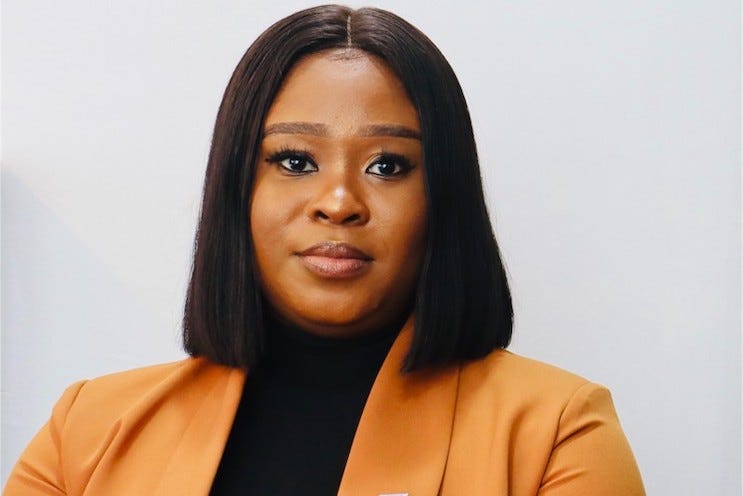Stephanie Adesanya wants young people to stay curious
"Have a thirst for knowledge, keep learning."

After moving to the US, Stephanie Adesanya, with a background in engineering, got involved in volunteering and social work. When she returned to Nigeria, she continued in the nonprofit sector as the Director of American Corner, Ikeja. In this interview…
Keep reading with a 7-day free trial
Subscribe to Ikeja Record to keep reading this post and get 7 days of free access to the full post archives.


